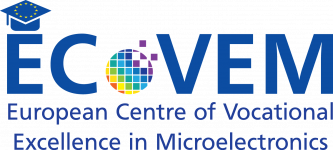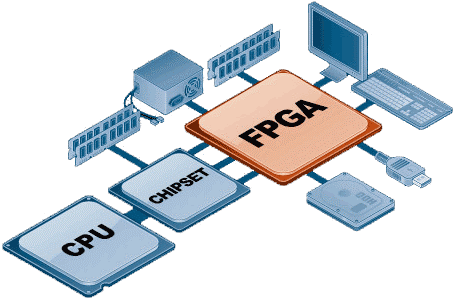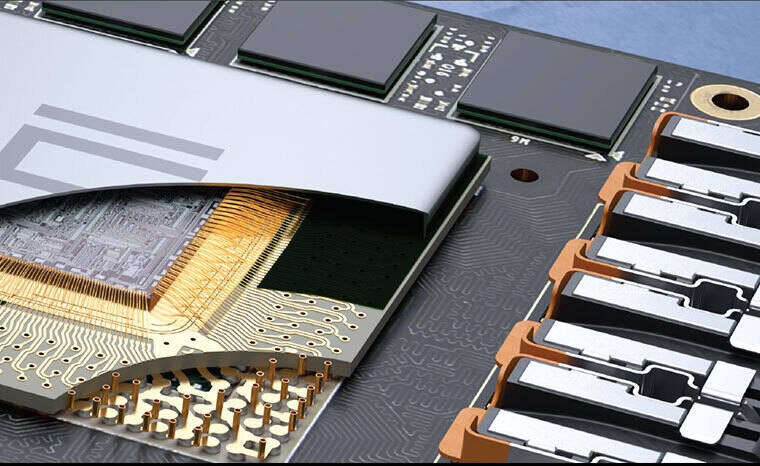
Available courses
The aim of this training course is to provide the necessary knowledge and skills for understanding basic microprocessor units, and architectures. The training provides necessary knowledge for understanding processor subsystems and interfaces and ability to select the right processor according to product needs. Programming and simulation for microcontrollers provides skills for solving real design tasks. Detailed instructions on how to perform practical tasks in the form of written tutorials have been prepared.
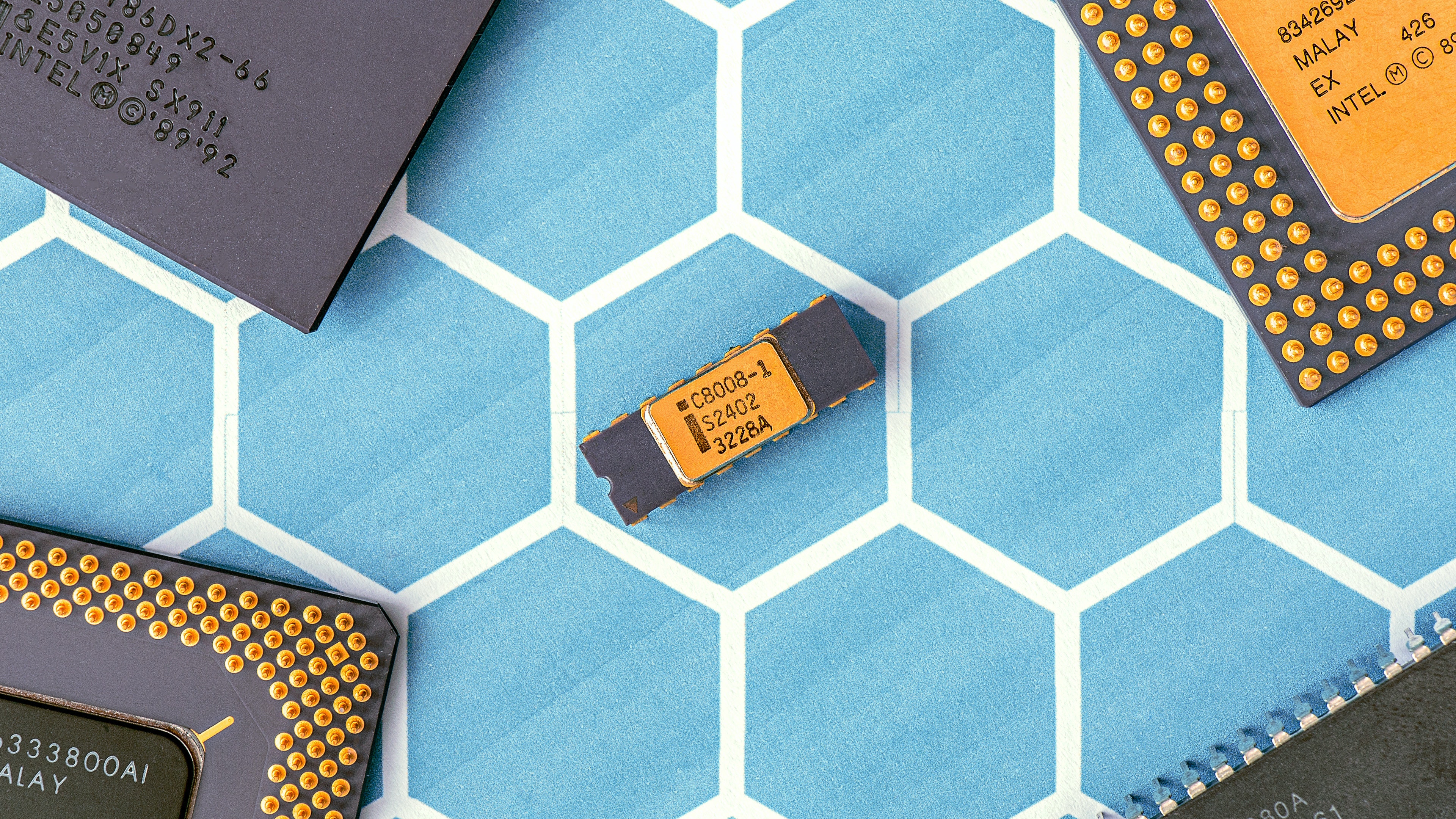
The aim of this training course is to provide the necessary knowledge and skills for developing design and modeling of Printed Circuit Boards.
The free KiCad Electronic Design Automation software is used to design, check, route and 3D visualization of PCBs. To implement the course for each topic a task description is defined, which students must complete - the task may be an test or practical like schematic draw, components placement, routing e.t.c with KiCad.
The students are expected to solve the tests or to upload results file for practical tasks. The course includes topics for PCB theory – process flow from electronic schematic to the final product.
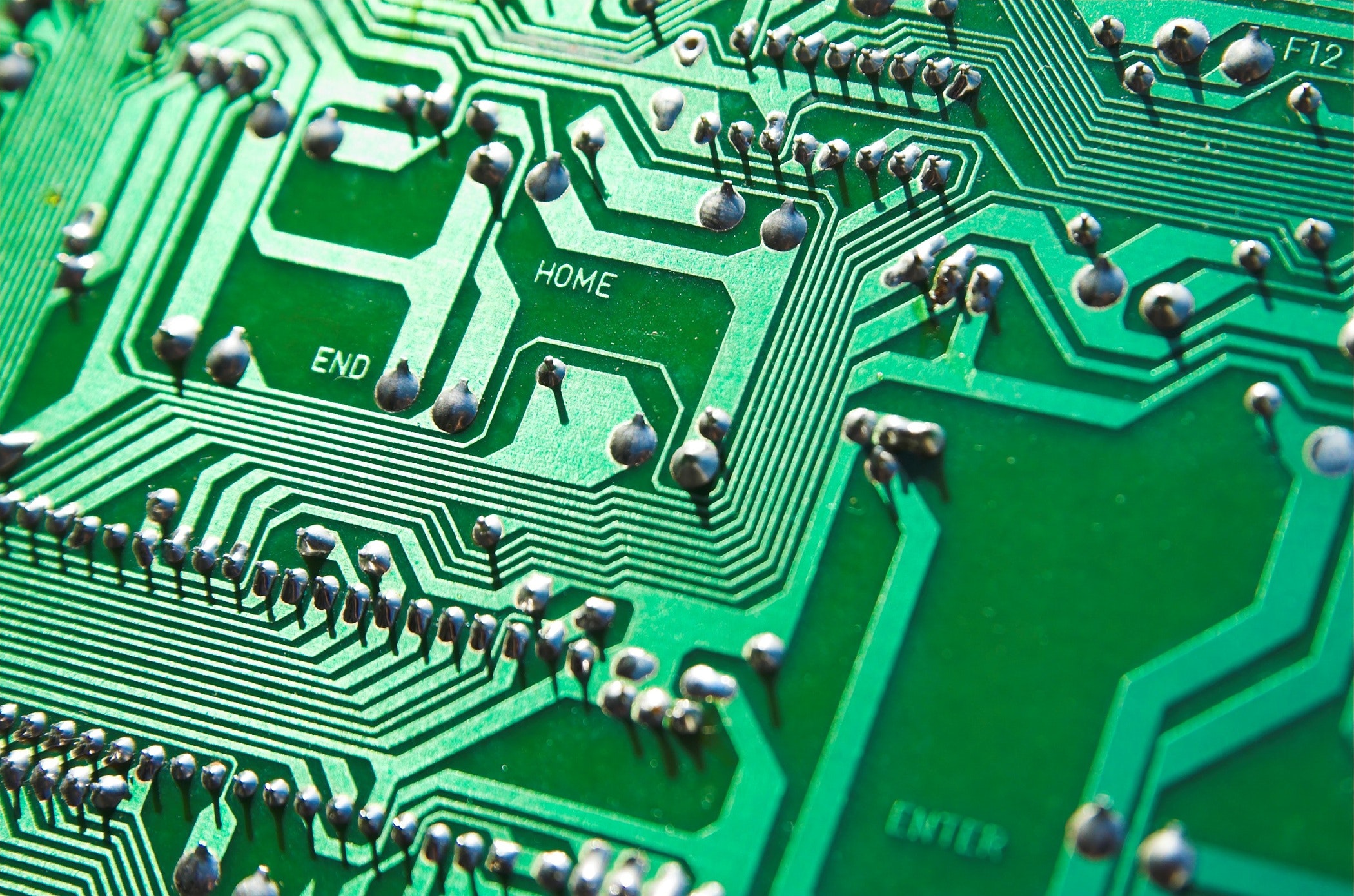
Internet of Things is a general term used for devices talking over a network for the purpose of Monitoring, Analysis & Control without any human interference.
As per the definition the students will learn the design for all three aspects of IoT i.e. Monitoring, Analysis & Control
This course is based on hands on approach where students will be doing various projects with different hardware and with different communication technologies so that you will not be limited to one platform.
As per the definition the students will learn the design for all three aspects of IoT i.e. Monitoring, Analysis & Control
This course is based on hands on approach where students will be doing various projects with different hardware and with different communication technologies so that you will not be limited to one platform.
The LoraWan course offers a complete curriculum for VET students and
professionals interested in Internet of Things and creating long- range IoT
solutions. By completing this course, the students will develop a strong
understanding of the fundamentals that make Lora radio modulation and how to
design, build and deploy LoraWan networks. This course delivers knowledge
and practice about the low power, wide area networking standard called LoRaWAN.
The course provides theoretical concepts along with hands-on activities that
will get the students familiarized with different aspects of the technology.
The aim of this training course is to provide the necessary knowledge and skills for simulation and modeling of analog electronic circuits through SPICE simulator. The free Analog Devices LTSpice simulator is used to simulate the circuits. The Performance-centered approach is used to implement the course, and for each topic a task description is defined, which students must complete - the task is a set of analog electronic simulation circuits with LTSpice , and students are expected to upload for each task simulation results file. The course includes topics for simulation of analog electronic circuits with semiconductor diodes, bipolar and field-effect transistors, electronic amplifiers with bipolar and field-effect transistors, as well as the study of circuits with operational amplifiers. Detailed instructions on how to perform simulations in the form of video tutorials have been prepared for each topic and task for performance.
